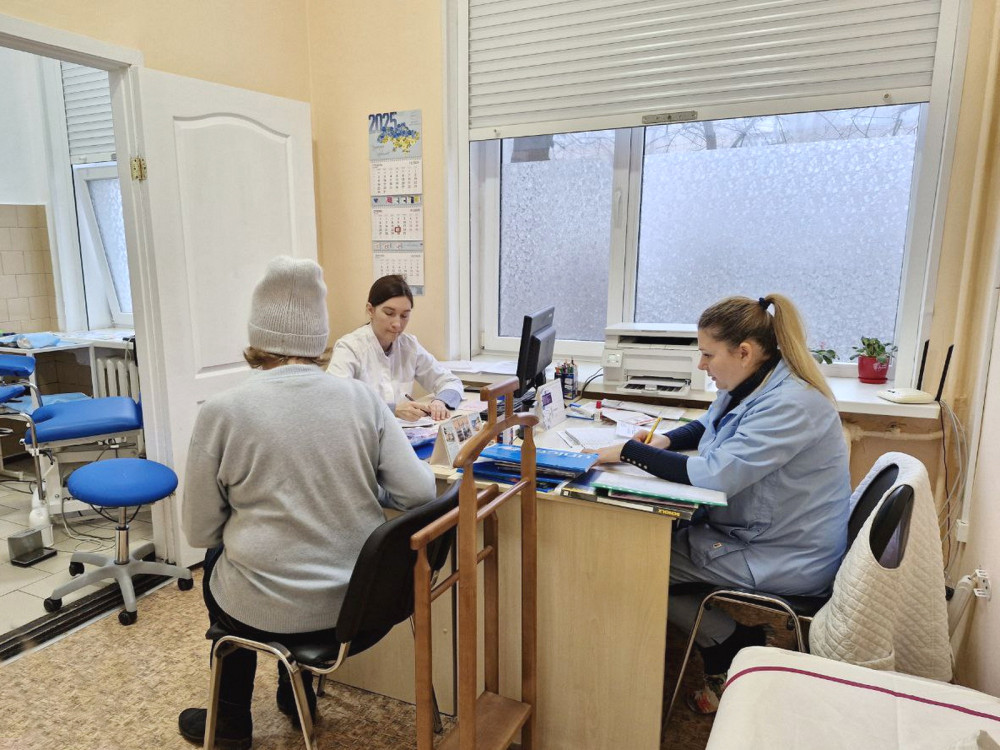January: Cervical Cancer Awareness Month
January is traditionally recognized as Cervical Cancer Awareness Month, prompting women to focus on the significance of prevention and timely diagnosis of this disease.
In an effort to promote women's health, last week the Department of Health of Odesa City Council organized a Day of Prevention and Early Detection of Cervical Cancer. Women had the opportunity to undergo free gynecological examinations and receive medical consultations.
During the event, 655 women received gynecological check-ups, with 495 undergoing cytological examinations. A total of 223 cases of reproductive system diseases were identified, including 12 suspected oncological cases. Patients were referred for further examination and consultation with specialists.
The cytological analysis revealed 365 cases of inflammatory diseases of the reproductive system, 66 cases of cervical dysplasia of varying degrees, two cases of oncological pathology, and one case of pre-oncological pathology.
* * * * *
Cervical cancer is one of the most aggressive forms of cancer, but it can be prevented through vaccination against the human papillomavirus (HPV) and regular screenings.
Risk factors for cervical cancer include:
1. Medical: presence of HPV, HIV/AIDS, sexually transmitted infections, treatment for cervical dysplasia, family history of cervical cancer.
2. Behavioral and social: early sexual activity (before 18 years), early pregnancy (before 20 years), smoking; prolonged stress, violence against women, specific working conditions involving carcinogens.
As of January 1, 2025, Ukraine will implement a comprehensive system for the prevention and early diagnosis of cervical cancer based on modern scientific approaches and WHO recommendations. Cervical cancer screening will be part of the medical services provided by primary healthcare providers, including primary and secondary prevention measures.
Primary prevention involves surveys every five years to identify risk factors and symptoms of cervical cancer among women aged 21-35 during visits to family doctors or gynecologists, as well as using telemedicine tools. If risk factors are identified, the woman will be referred for further testing (Pap test or PCR).
Secondary prevention includes mandatory Pap tests or PCR:
- for women aged 30-55 - every 10 years;
- for women over 25 living with HIV/AIDS - every 5 years;
- for women aged 21-35 with risk factors or symptoms - immediately.
If test results are positive, the patient is referred to an oncologist for further diagnosis and treatment.
According to the Center for Public Health of Ukraine, 99% of cervical cancer cases are caused by HPV. The disease can be effectively prevented through vaccination, which is most effective in adolescence.
In Odesa, an innovative vaccination program has been launched for girls and boys aged 9-14 against HPV funded by the city budget as part of the “Health” program. Vaccination provides effective lifelong protection against oncological and other reproductive system diseases. For consultation and appointment for vaccination, please contact your pediatrician at the city children's clinic.





